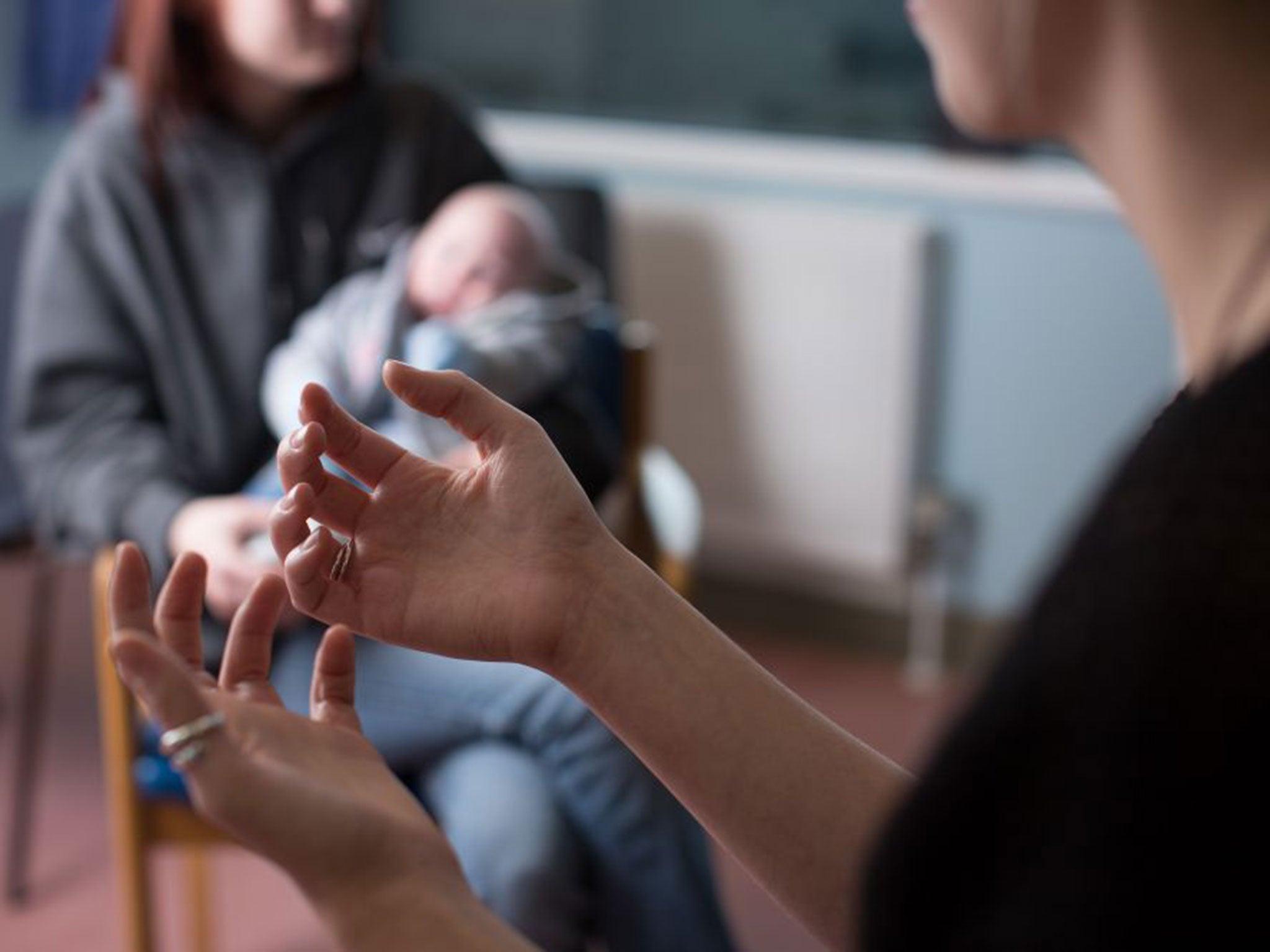One in five suffers financial abuse with the majority of victims female
When one partner controls or exploits the other’s finances it can be imposible to escape the relationship

Your support helps us to tell the story
From reproductive rights to climate change to Big Tech, The Independent is on the ground when the story is developing. Whether it's investigating the financials of Elon Musk's pro-Trump PAC or producing our latest documentary, 'The A Word', which shines a light on the American women fighting for reproductive rights, we know how important it is to parse out the facts from the messaging.
At such a critical moment in US history, we need reporters on the ground. Your donation allows us to keep sending journalists to speak to both sides of the story.
The Independent is trusted by Americans across the entire political spectrum. And unlike many other quality news outlets, we choose not to lock Americans out of our reporting and analysis with paywalls. We believe quality journalism should be available to everyone, paid for by those who can afford it.
Your support makes all the difference.One in five British adults has experienced financial abuse in a relationship, Victims face financial control, exploitation or sabotage to stop them making their own money decisions. A third of those affected has never told anyone what was happening while half of the victims said a partner had made significant financial decisions without consulting them, or forced them to ask permission to spend or show evidence of having done so.
Domestic violence charity Refuge and the Co-operative Bank report that three-fifths of financial abuse cases are reported by women. Key life stage events can trigger the abuse although it is much more likely to start against women at these events compared to men. It is more than twice as likely to begin when they move in with a partner, when they get married, or when they have children.
Financial abuse in relationships against women also lasts for a longer period of time compared to men. But crucially for women, financial abuse rarely happens in isolation – 86 per cent experience other forms of abuse. Sandra Horley, chief executive of Refuge, said: “For such women, money can be a matter of life and death, meaning the difference between being trapped with a violent and dangerous abuser, or escaping.”
She pointed out that some women are forced to hand over their wages or benefits to their partner every month. Others are prevented from going out to work or completing their education. Many victims are forced to provide receipts, accounting for every single penny they spend or are given such ridiculously small ‘allowances’ they can’t afford to buy food for themselves and their children. Some are forced into debt, shackled to a past relationship through a churn of constant bills and repayments.
A new “My Money, My Life” campaign has been launched to raise awareness of the scale of financial abuse within intimate relationships, where financial control, exploitation or sabotage are used to control a person’s ability to acquire, use and maintain financial resources.
The charity wants greater support for victims from banks. The report recommends:
- a code of practice to guide financial institutions so there is consistent response to the disclosure of intimate partner financial abuse;
- awareness-raising materials for customers and guidance about how to recognise and cope with financial abuse in relationships;
- staff be trained to respond appropriately and create referral pathways to access specialist support;
- a system developed where victims who need to report this kind of abuse don’t need to tell their story repeatedly, which can be traumatic.
Laura Carstensen, chair of The Co-operative Bank’s Values and Ethics Committee, said: “We are calling on the Government to support an industry-wide agreement to identify and address banking practices that fail to help victims of financial abuse in relationships, and more importantly, support those trapped in relationships with abusive partners."
Sarah Pennells of SavvyWoman added: "Financial abuse is a real problem and one that many banks are reluctant to recognise. I've been contacted by dozens of women whose partner has run up debts on joint accounts when the relationship has been ending - and too often the banks wash their hands of the matter. I've also been contacted by women whose partner has forged their signature and left them with thousands of pounds of debt."
She said banks must make couples' responsibilities clear when they take out a joint bank account or loan, and they must have clear rules about what they will do if relationships break down. "There are steps that banks can and should take, such as changing a joint account so that both partners have to agree to any money being taken out or an overdraft extends, but all too often they don't offer to help."
Join our commenting forum
Join thought-provoking conversations, follow other Independent readers and see their replies
Comments